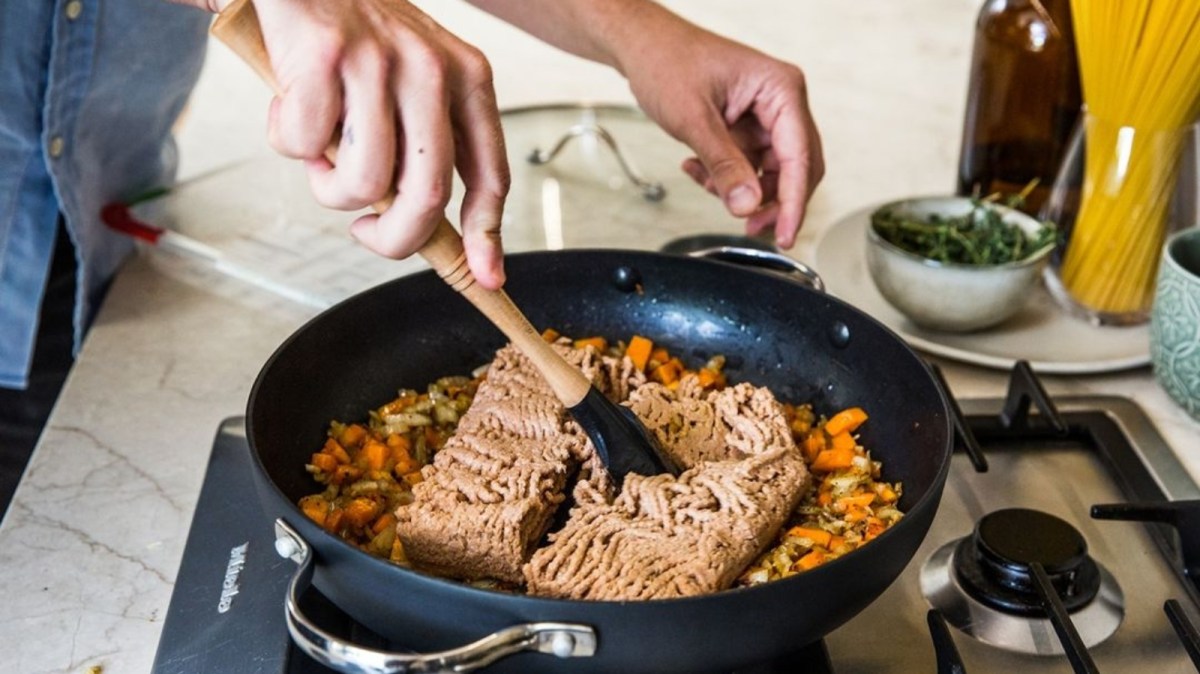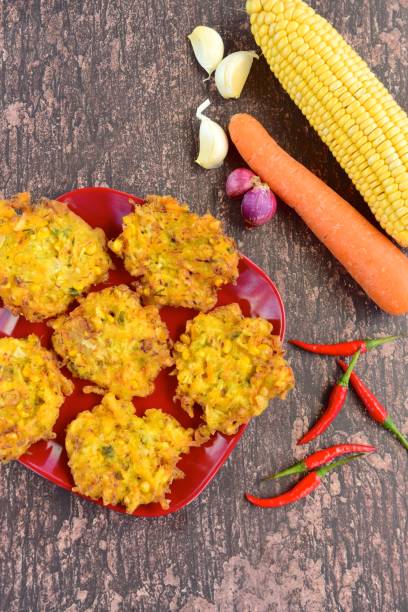The survey
CHOICE surveyed 1,096 Australians about a range of topics, including the plant-based revolution.
To ensure that the data is representative of the country’s citizens, researchers weighted it. These included age, gender, sex and household income.
Nine percent of respondents say they are ‘flexitarians’, a term that refers to those who eat mostly vegetarians but occasionally eat meat.
Three percent of respondents say that they are pescatarians, meaning that they eat fish and not other types of meat. Five percent and two percent are vegetarians and vegans, respectively.
Notably, over half (55%) of vegetarian and vegan participants stated that they have made the switch within the past five years.
Non-vegans accounted for eleven percent, and they said that they would be open to going completely plant-based within the next five year. A further 29 percent of participants already drink dairy-free milk at minimum once per week.
Even those who eat meat less often are doing so. According to the University of Adelaide, 19.8% of Australians actively reduce their meat intake.
‘Exponential growth’
Companies are increasing their plant-based food production.
Food Frontier, an independent think tank, has examined this growth. CHOICE calls it ‘exponential.
Food Frontier’s 2020 State of the Industry report revealed that Australia’s plant-based meat sector doubled its manufacturing revenue in 2019 and 2020.
Thomas King, CEO, Food Frontier, stated that “the number of new products in supermarkets such as meat-free burgers and sausages, as well as ready meals, doubled in that period, with the category experiencing 46 percent growth in retail sales.”
Australian supermarkets now offer over 250 meat alternatives. He adds that more than half of these are manufactured by Australian companies.
Healthier alternatives
According to Colmar Brunton, a nationally representative survey of market research groups found that consumers are more inclined to plant-based foods because they believe it is healthier.
Even though the animal-based food industry tried to deny that vegan alternatives are healthier, some research suggests otherwise.
Food Frontier did a nutritional analysis last year of processed animal meats and 95 plant-based products.
King stated that plant-based alternatives to meat are nutritionally equivalent or superior when compared with traditional meat sausages, burgers and bacon (crumbed, un-crumbed)
“Plant-based meats are a healthy alternative for those Aussies who want to cut down on their meat consumption but still crave a burger to eat on the barbecue.
Vegan tax
Nearly a third (32%) of CHOICE survey participants consider cost a barrier to becoming vegan. According to the consumer advocacy group, processed plant-based food are often more expensive than their meat counterparts.
These prices can be pushed up by unique ingredients and processing techniques, lack of economies-of-scale, or extra distribution costs.
In some cases, companies have rolled out vegan products alongside an increase in price.
A mayonnaise brand sold its vegan version of the original for almost 40 percent more than the original, even though they were both made with plant-based ingredients.




